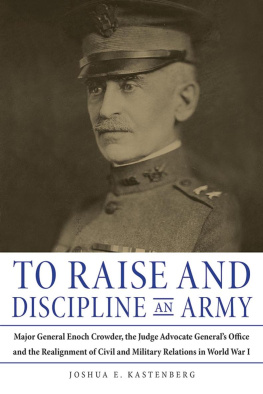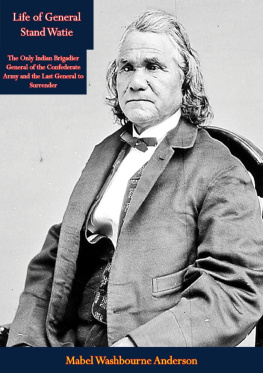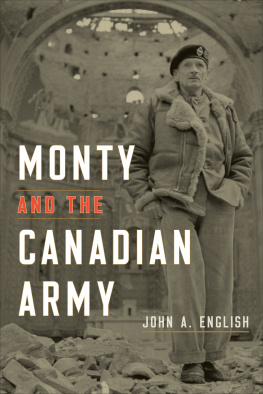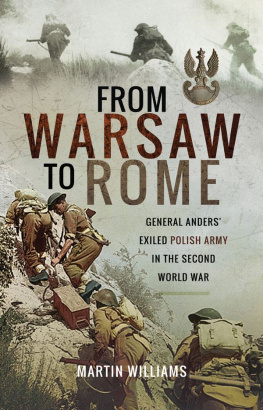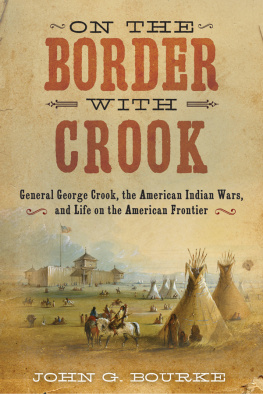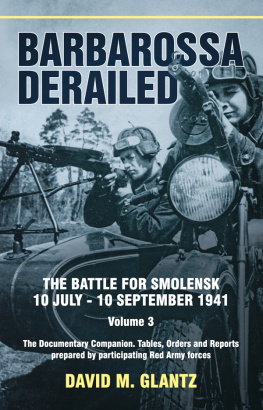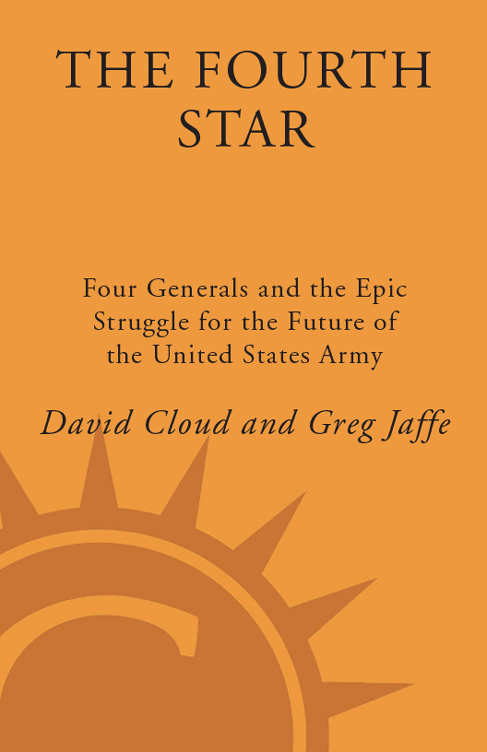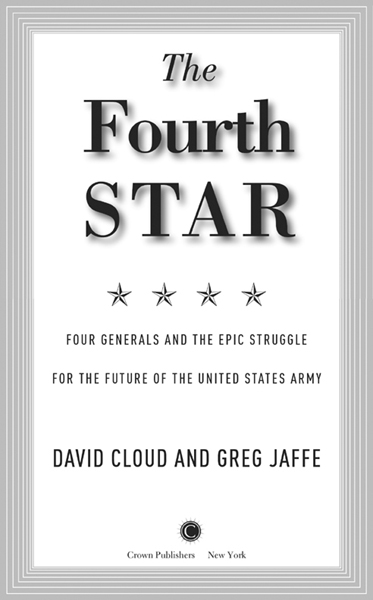CHAPTER ONE
Age of Anarchy
Along the Cambodia-South Vietnam border
June 29, 1970
T he helicopters descended onto the hilltop clearing, wave after wave, a vast armada of American power. Out of them tumbled soldiers with rifles and rucksacks, returning from the invasion of Cambodia. They were mud-caked and sodden after three days of monsoon rain, but many were grinning and snapping pictures with their buddies. A few flashed peace signs for the television cameras, happy to have survived this madcap ordeal. The United States and its South Vietnamese allies had crossed into Cambodia precisely two months earlier on President Richard Nixons orders, setting off the biggest protests of the war at home. Nixon had promised that every soldier would be out by the end of June, and they would be. The last of the rear guard would be flown back into Vietnam by six that evening.
Major General George Casey, commander of the 1st Air Cavalry Division, stood at the edge of the landing zone. The White House wanted the operation dressed up as a major victory, so Casey, sad-eyed and handsome, was there to brief reporters ferried out from Saigon for the day, along with a group of congressmen on a fact-finding mission. The facts were these: In eight weeks of combing through the Cambodian jungle, U.S. and South Vietnamese troops had captured vast stores of munitions, rice, and other supplies in so-called enemy sanctuaries that had long been off-limits. They had fought several battles and reported killing or capturing more than 10,000 Communist troops. But the invasion and the secret bombing that preceded it had destabilized Cambodia and achieved little that would help gain victory in Vietnam. The operation marked the beginning of the slow American pullout from Southeast Asia, a last push before the Army, bloodied and tired after five years of combat, began going home for good. Casey didnt exaggerate the gains. The enemy, he knew, would recover and the war would go on. But, he told the reporters, the operation had bought some time for their South Vietnamese allies, who soon would have to stand on their own. Ive done two tours over here, he yelled over the roar of the helicopter rotors, and going into Cambodia was an opportunity we thought wed never have.
He was a good soldier doing his duty, as he had for decades. After Pearl Harbor, Casey had withdrawn from Harvard University and enrolled at West Point, receiving his commission too late to see action in World War II. In Korea, he commanded an infantry company, earning a battlefield promotion to captain at Heartbreak Ridge, along with a Silver Star, the Armys third-highest honor. He went on to work as a personal aide to General Lyman Lemnitzer, a future chairman of the Joint Chiefs of Staff, and then returned to Harvard as a military fellow from 1965 to 1966. He spent most of the remainder of the decade commanding troops in Vietnam and seemed sure to ascend to four stars. Already he was being talked about as a future chief of the Army, as his West Point classmates had foreseen in 1945 when they predicted, He will be the Armys best.
A week after the withdrawal from Cambodia, Casey climbed into the copilot seat of his Huey helicopter at 1st Air Cav headquarters and took off, flying east. He was headed for the U.S. base at Cam Ranh Bay to visit wounded soldiers. It was raining and visibility was so poor that his chief of staff, Colonel Edward Shy Meyer, had urged him to cancel the trip, but he wanted to see his men before they were transferred to hospitals in Japan. The helicopters path took it across Vietnams mountainous central highlands. At about 10:00 a.m. his Huey flew into a dense cloud and disappeared. A second helicopter flying behind crisscrossed over the shrouded peaks, looking for any sign of the generals craft, but finally had to break off when its fuel began running low. The American military headquarters in Saigon ordered a massive search. Not wanting to alert the Viet Cong that a high-ranking general was unaccounted for, it held off making a public announcement until a few days later.
On July 9, the New York Times put the story on the front page: The United States Army disclosed today that Maj. Gen. George W. Casey, who directed the withdrawal of the last American ground troops from Cambodia on June 29, has been missing since Tuesday when he took off in his helicopter. An intensive search is under way, an Army spokesman said.

Caseys son, George junior, was sitting in the apartment that he and his new wife, Sheila, shared on Pennsylvania Avenue in Washington, D.C., near the Capitol when the phone rang. It was his mother. Your fathers helicopter crashed. Hes missing, she told him. As they spoke George tried to sound optimistic, as painful as it was, but when he hung up and told Sheila the news, he was matter-of-fact. Moms hopeful, he said. But you dont go down in one of those helicopters and survive.
He knew the Army. He had grown up with it and, even at age twenty-two, had its fatalism about death. Born in Japan on an Army base, he spent his childhood years moving every two years with his parents from one installation to another, an experience that had turned him into a jokester who made friends easily and applied himself as little as possible. He was, in that respect, completely different from his father. The Caseys were Boston Irish, and George junior had more than a little Irish mirth about him. It was the younger George who supplied the entertainment at the familys formal Sunday dinners. The table was set with linen napkins, china, and silver candlesticks. George and his brother, Peter, were expected to wear coats and ties. The three Casey girls, Joan, Ann, and Winn, and their mother wore dresses. Their father quizzed his brood about current events, which in an Army house in the mid-1960s usually meant the war or the protests that were just beginning in college towns such as Berkley and Cambridge. When their father brought up Vietnam, George would usually make a joke and shift the conversation. Once he came to dinner in a coat and tie but no shirt, causing his sisters to erupt in peals of laughter.
His younger sisters were far more emotional on the subjectproud of their father, but also angry that the war pulled him away. Georges teenage sister Joan responded to one of her fathers Vietnam queries by declaring: Id go to Canada before Id go to Vietnam! A few months later she wrote a high-school essay on growing up as an Army brat and how their itinerant life, moving every two years and crisscrossing Europe in a beat-up station wagon, had drawn the family closer. When her father read it, she recalled, he began to cry.
Outwardly George, the eldest of the five Casey children, seemed the least bothered by the war. In the spring of 1966 he had applied to go to the United States Military Academy at West Point, mostly to please his father, but his math grades had been too low to get in. He enrolled instead at Georgetown University, just a few miles from his parents brick colonial in Arlington, Virginia, across the Potomac River from the Georgetown campus. He signed up for the Armys Reserve Officer Training Corps program, played football, and always seemed to have the remnants of a six-pack stashed in his dorm room. George and his friendsIrish kids from Boston, New York, and New Jerseycrashed parties, hung out at the Tombs, a popular Georgetown bar, and squeaked by in class. At first they gave little thought to Vietnam. We rooted for the Americans the way youd root for the bobsled team at the Olympics, recalled Ray OHara, one of Georges closest college friends.


